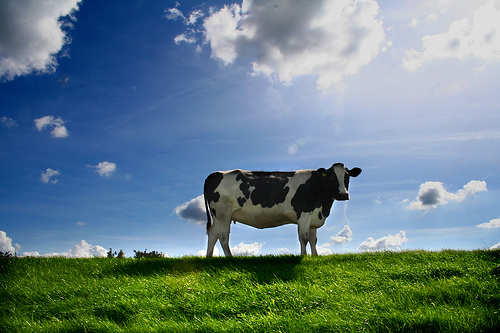This post is a collaboration between Mashable’s Summer of Social Good charitable fundraiser and Max Gladwell‘s “10 Ways” series. The post is being simultaneously published across more than 100 blogs.

Social media is about connecting people and providing the tools necessary to have a conversation. That global conversation is an extremely powerful platform for spreading information and awareness about social causes and issues. That’s one of the reasons charities can benefit so greatly from being active on social media channels. But you can also do a lot to help your favorite charity or causes you are passionate about through social media.
Below is a list of 10 ways you can use social media to show your support for issues that are important to you. If you can think of any other ways to help charities via social web tools, please add them in the comments. If you’d like to retweet this post or take the conversation to Twitter or FriendFeed, please use the hashtag #10Ways.





